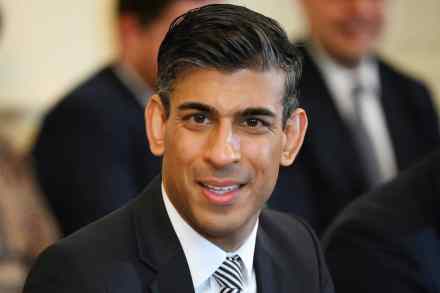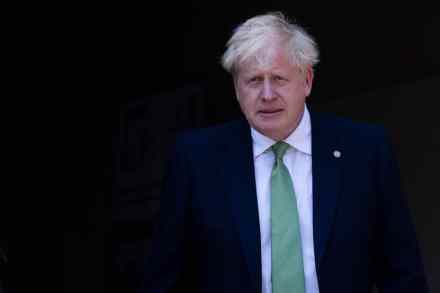What the Tories should look for in their next leader
The Conservatives are selecting a new leader, who will become Prime Minister. What sort of a person should that be? It needs to be someone with the spark or edge of a leader, able to carry others with them – not just a clubbable ‘Yes Man’ type. It needs to be someone able to press a vision and policy agenda across a range of issues, not just something narrow like finance, defence, international relations or legal issues. It needs to be someone able to convey an optimistic message, but have a serious mode that can be turned on when necessary. Someone who is willing to be unpopular, taking tough decisions




















